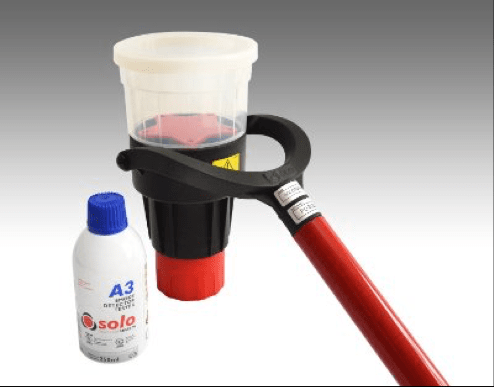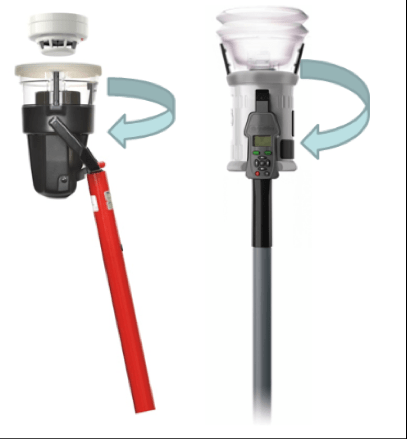Loading...
251 view(s)
SKU # 🛈 You can search by SKU#, Customer Part Number
Quantity

During the colder Winter months and whilst you’re wearing your woolly hat and gloves to keep warm, it is worth considering that your aerosol smoke canisters can also get cold.
Colder temperatures can mean that if the canisters are left unprotected from the cold then the drop in temperature can cause them to become less efficient. Aerosol smoke canisters do not produce the required size smoke particles when they are at temperatures below 10°C (50°F). This is often the case when canisters are perhaps left in the back of a van overnight or in a unheated building. So, before using your aerosol canister, give it time to gently warm up.

TIP: If you leave your smoke canister in a car or van overnight - give it time to warm up before use or try warming them up by placing in your pocket for at lease 30 minutes which will allow it to return to room temperature.
Caution: Pressurized aerosol canisters should not be exposed to direct sunlight or temperatures exceeding 50°C.
It is worth knowing that our Testifire range of testers, that use smoke capsules rather than pressurised aerosol canister have no problem producing smoke at lower temperatures.
Low ambient temperatures can also create challenges when testing heat detectors. Battery power heat testers such as the Solo 460 and Testifire range have to work harder to reach the detector activation temperature. Usually not a problem for lower activation temperatures but can be tricky for 90 and 100°C (194 and 212°F) heat detectors.
Tip: Rotating the Solo 460 or Testifire tester around the heat detector can help with some of designs that use dual or offset thermistors.
Note: The Solo 460 has a rated maximum heat output of 90°C, whereas Testifire can reach 100°C


part of Noventis Safety group